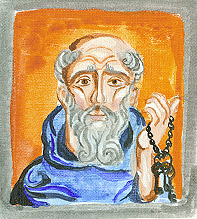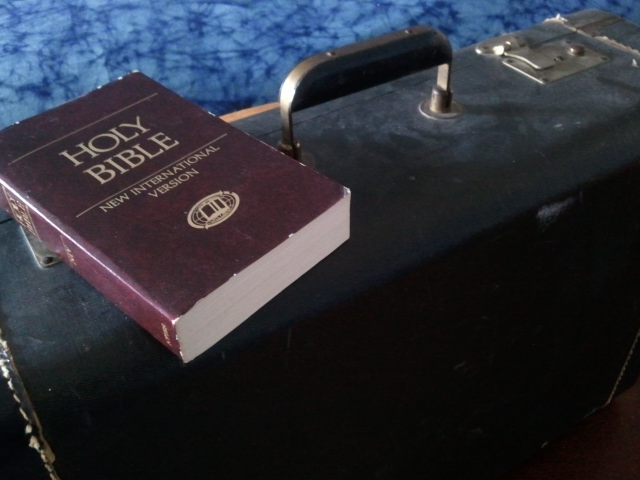I’ve been thinking about this post for a long time. Writing it feels sort of like telling a friend their breath is bad. You could just let it go, but they really need to know, and it’s better to hear it from someone who cares.
Over the past few years, a lot of clergy and denominational staff have discovered social media and embraced it as a communications tool. You can now read the postings of pastors, bishops, news services, seminaries, and historical societies. And these church professionals are just like everyone else, with learning curves and subsequent successes and failures. They deserve to be cut a certain amount of slack. But the Church as a whole is far enough along the path of digital engagement that we can stand some self-examination, and I see some behaviors that make me uncomfortable.
Of course, there are many wonderful, inspiring people and ministries online. There are people of good will and great faith. Unfortunately, our human failings are also quite visible, and even amplified online, and when those failings are manifest by Christians, our ministry to the world suffers. We form cliques and echo chambers; we are prideful and self-promoting; we lack hospitality and genuine openness.
The world wide web is not just a communications tool; it is a channel for the Spirit where we can unite the Church and welcome those who do not yet know God. It is a space for connection, for outreach, for prayer, prophesy, and forgiveness. It is the world.
And so I ask a difficult question:
Does your online presence witness to the unity of the Spirit or does it promote your ministry, your denomination, your causes?
I doubt the answer will be simple. We all have our own work to do. We all seek our own tribe. Leaders are accustomed to leading–to being “on” whenever they’re in a public space.
But if the Church and her clergy could lead by example, and manifest online that love that binds us all in Christ, our witness would be strengthened. Small changes would make a difference.
Here are a few questions that may help us think about the degree to which we help or hinder the Spirit’s work online. I hope it will stimulate thought and increase mindful practice within the Networked Church, that blessed company of faithful people.
—-
As we each consider our habits and practices online, we might ask…
1) Do I ever look at the posts that appear in my Facebook news feed or do I only go to my own timeline?
2) Do I follow anyone on Twitter who is not of equal or higher ecclesiastical rank?
3) Do I follow anyone who is not at least as well-known or popular as I am?
4) Do I follow anyone from another denomination?
5) Do I ever share anything about another denomination and cite it as exemplary?
6) Do I ever hold a conversation on social media or do I only offer my opinion and pronouncements? Do I listen and respond as well as speak?
7) Is there anything I can do to increase my sense of others’ humanity in the virtual world? Is there anything I can do to support individuals I meet on social media?
8) Am I humble? Am I thoughtful? Do I appear online as a learner as well as a teacher?
9) Do my postings ever deride or ridicule another person?
10) Do I know why I am on social media?






